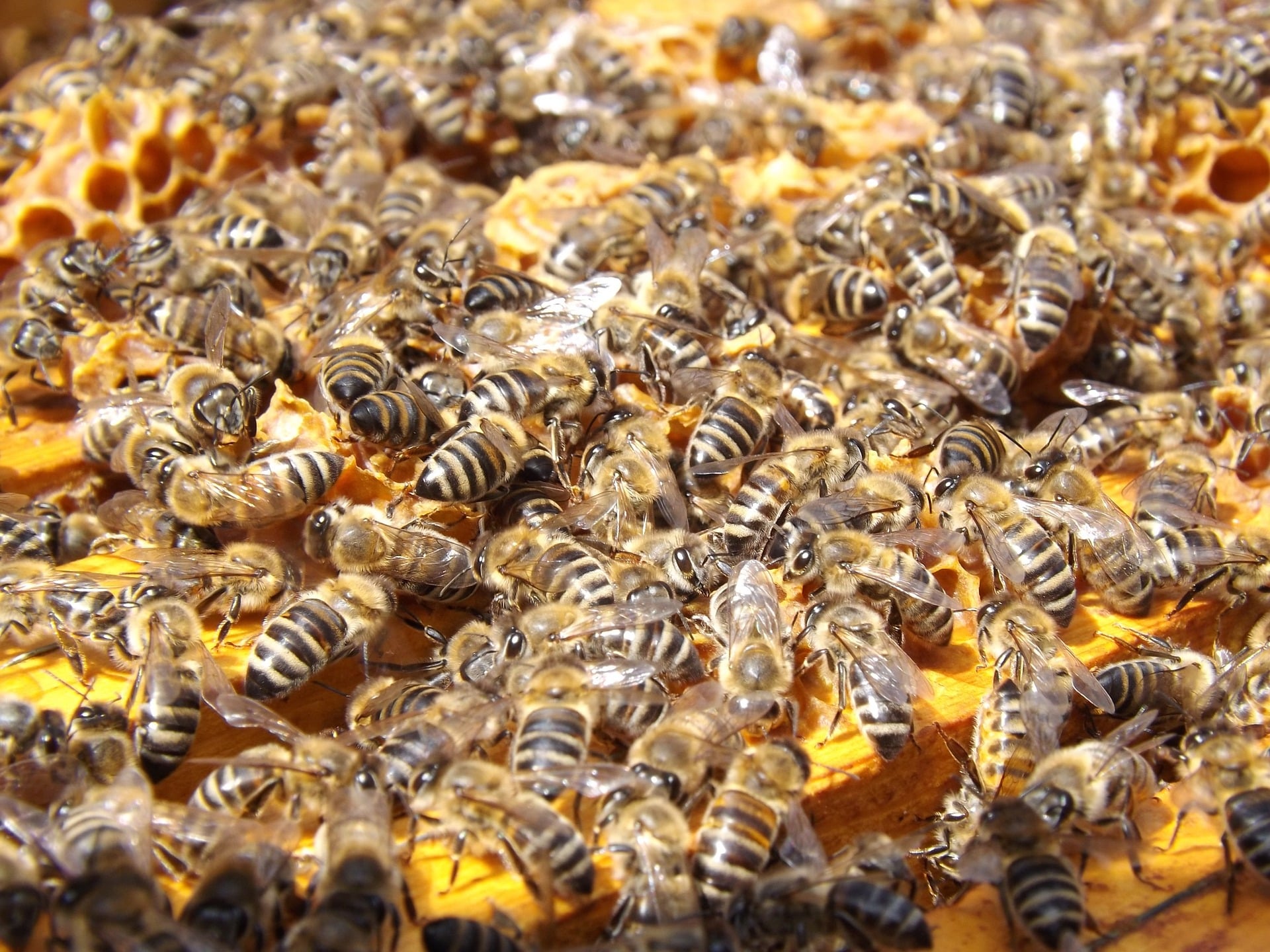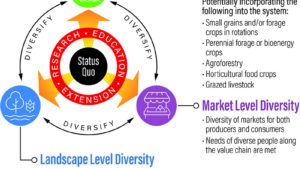Brock Harpur, Purdue University’s assistant professor of entomology, was one of the 10 recipients of the 2022 New Innovator in Food and Agriculture Research Award announced last week, according to a release from the university.
The award is given by the Foundation for Food and Agriculture Research (FFAR), which annually selects early-career scientists to receive the investment. Established to allow the grantees to focus on research exclusively without the pressure to secure funding, the award intends to launch careers of promising scientists whose research addresses significant food and ag challenges, according to FFAR.
“We are very excited by the work that Brock is leading at Purdue,” said Catherine Hill, Purdue professor of entomology and department head, in the release. “He is an early-career scientist applying genomic technologies to help advance bee breeding capabilities around the nation. The FFAR award will help him deliver leading-edge solutions to strengthen and better protect U.S. pollinator services and agricultural production.”
“Bees and other pollinators are critical to the productivity of agricultural systems,” said Bernie Engel, senior associate dean of research and graduate education. “Dr. Harpur’s research using cutting-edge science to help ensure healthy and productive bee populations is an important contribution to the sustainability of agricultural systems.”

Harpur plans to use the funding to work with his stakeholders and help them incorporate genomics into their practices, with the goal to make bee breeding more effective and fuel basic science along the way.
“U.S. beekeepers lose about 30% of their colonies annually. And that can shoot up to 60% in a given year. Most of the losses are a result of pests, the most common being the Varroa mite,” he said. “This will be among the first times genomics has been used for bee breeding efforts in the United States. We pitched this for Varroa mite and disease resistance, but the principles and practices we are developing can be used anywhere.
“I do not think I would have received this award if I did not have our large stakeholder group behind me,” Harpur added. “Between 5% and 8% of global crops by weight are pollinated by honeybees. In the United States, honeybees contribute around $18 billion a year to the economy through pollination and honey production. People are interested in applying these technologies but either don’t know how or need some ground truthing. This award and its funding allow us to do that.”












